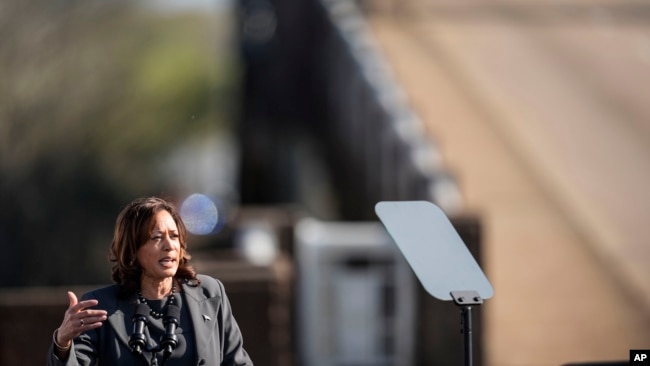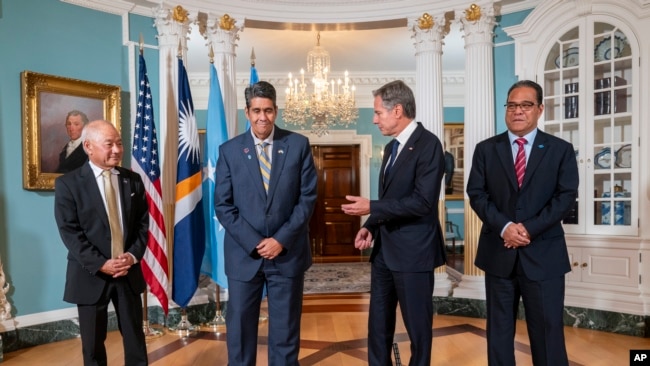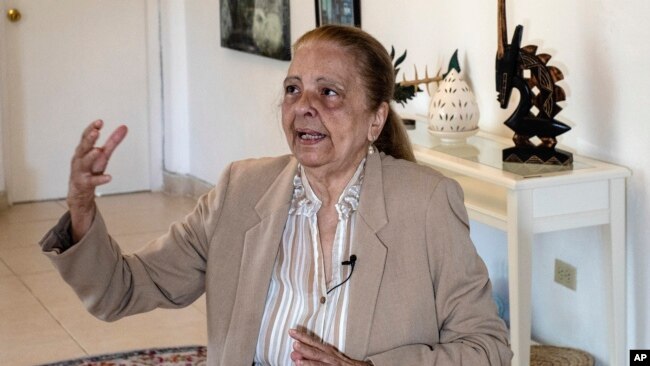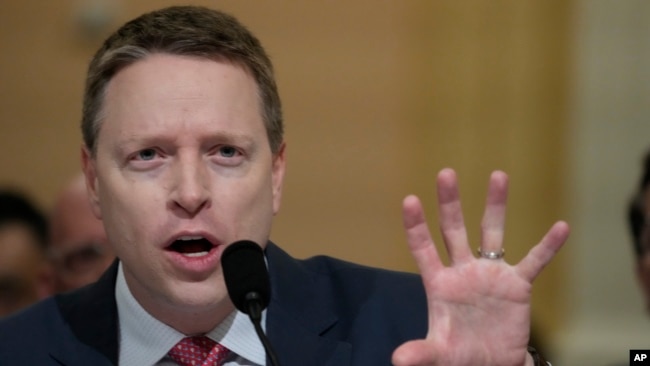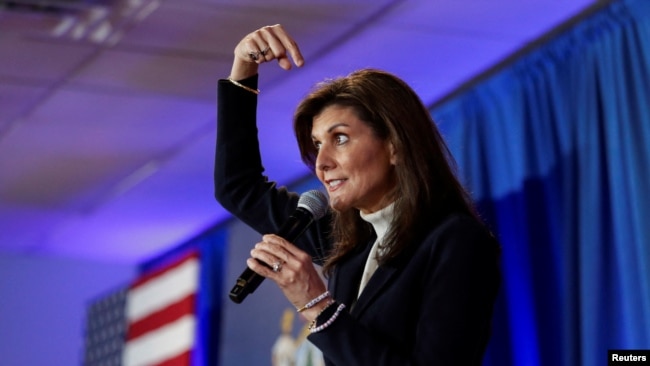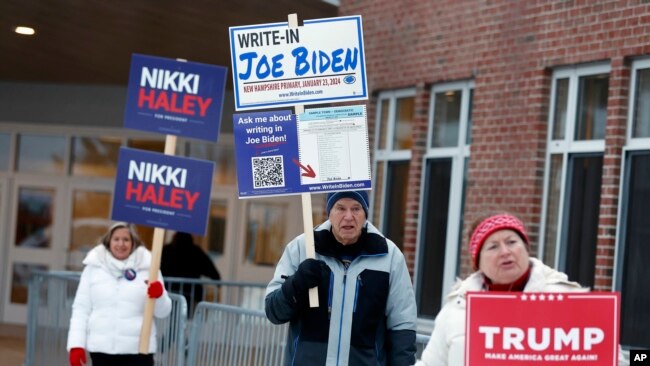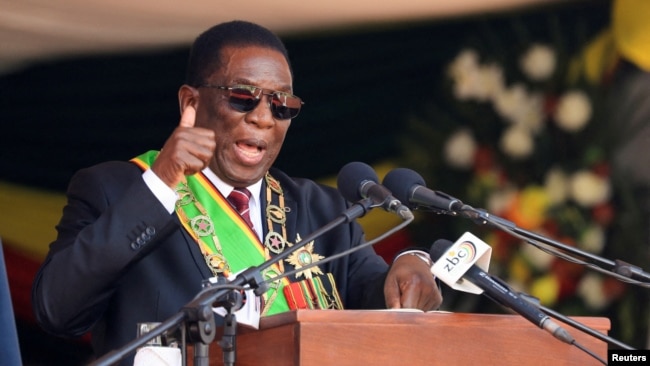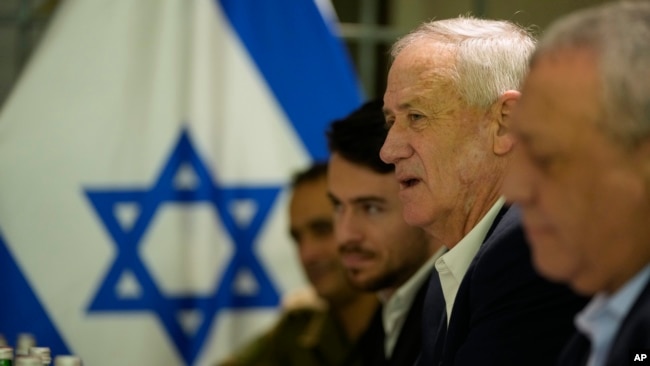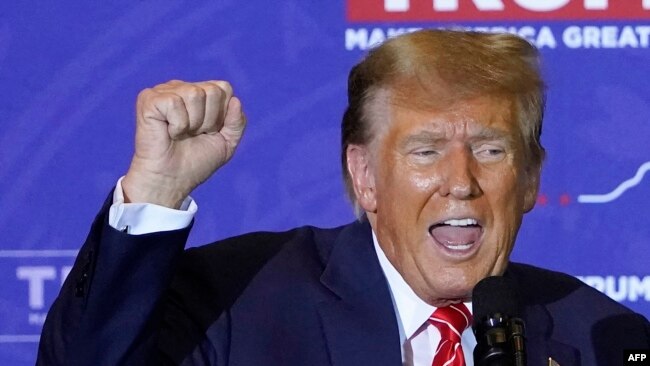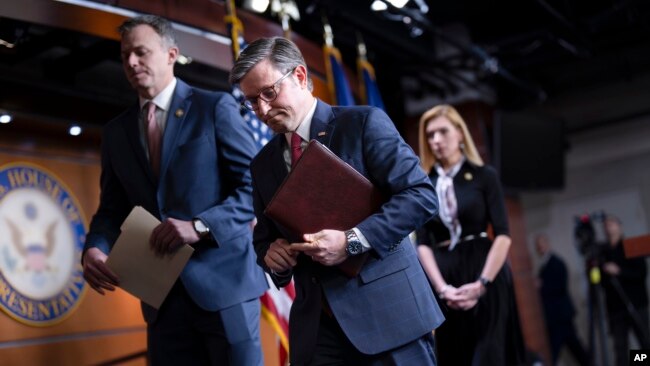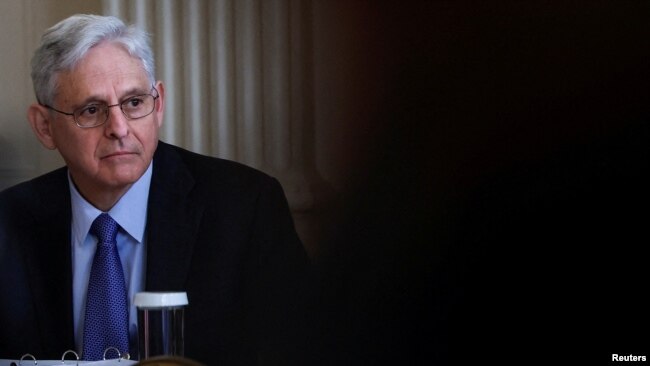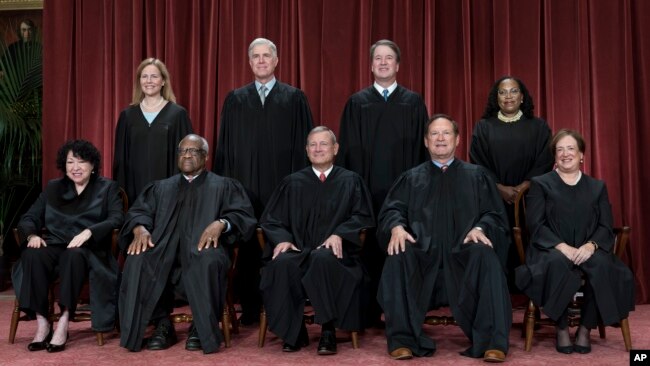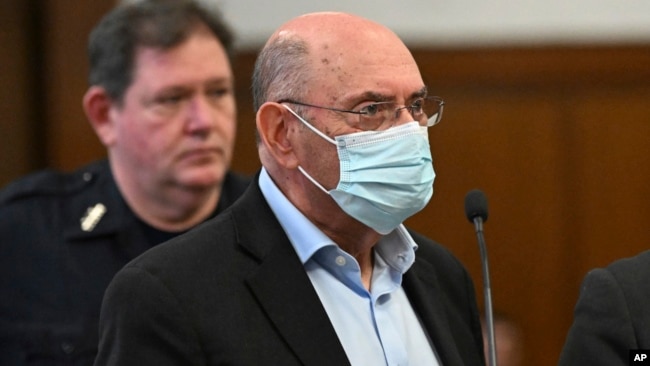U.S.-Korea Expert Policy Recommendation Report: "The joint drills are conducted at all times…We need to present a comprehensive denuclearization roadmap."
페이지 정보
작성자 조상진 작성일 22-05-17 03:45 댓글 0본문
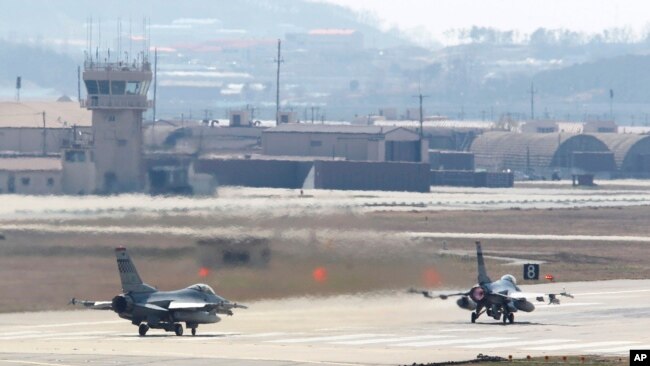
F-16 fighter jets from the U.S. Air Force, which participated in a joint U.S.-Korea military drill in April 2013, are preparing to take off from Osan Air Base in South Korea. (Data picture)
Ahead of the U.S.-South Korea summit, a policy proposal report by experts from both countries has been published calling for strong cooperation and response from the two countries in response to North Korea's advancement of nuclear and missile threats. Experts emphasized the regular implementation of joint drills, the promotion of the revision of the U.S.-Korea Mutual Defense Treaty, and the presentation of a comprehensive denuclearization roadmap. Reporter Cho Sang-jin reports.
U.S. and Korean experts have released a report on policy recommendations ahead of the first summit between U.S. President Joe Biden and South Korean President Yoon Seok-yeol scheduled for the 21st.
The 80-page report, titled "Two Presidents, One Way," included 20 experts from both countries, including Victor Cha, senior vice president of the Center for Strategic and International Studies, Abraham Woodrow Wilson, and Park Won-gon, professor of North Korea at Ewha Womans University, and honorary professor of political diplomacy at Seoul National University.
"There is a historic opportunity in front of President Biden and President Yoon Seok-yeol to form a stronger U.S.-Korea alliance for the 21st century," said Sumi Terry Woodrow Wilson, director of the Asian Bureau of the Center for History and Public Policy.
In the report, experts called for strong cooperation and response, especially from the U.S. and South Korea, in response to North Korea's escalation of nuclear and missile threats.
Victor Cha, the head of the Center for Strategic and International Studies (CSIS), stressed the need for continuous dialogue, cooperation and compromise within the US-U.S. alliance to coordinate policies and strategies to mitigate the growing threat from North Korea.
In the meantime, the two countries pointed out that the goal of the Korean Peninsula is still complete, verifiable and irreversible denuclearization (CVID) to North Korea and China.
He also proposed the resumption of the U.S.-Japan Policy Coordination Group (TCOG) meeting, which calls for strengthening regional defense and deterrence systems through an alliance-oriented strategy.
The U.S., Japan and the U.S. should not use the alliance's assets, such as joint military exercises, as a bargaining chip for North Korea, and strengthen cooperation between the three countries through a full-scale missile defense system, military training, and intelligence sharing.
Victor Cha also stressed that the U.S. and South Korea should present a comprehensive denuclearization roadmap to North Korea, starting with a freeze on plutonium and uranium nuclear activities, a nuclear test moratorium, and a halt to fissile material production.
The Biden administration also said it should appoint a special envoy for North Korean human rights as soon as possible, and the Yoon Seok-yeol government should participate in the joint proposal for the U.N. resolution on North Korean human rights, which the South Korean government has not joined since 2018.
Park Won-gon, a professor of North Korean studies at Ewha Womans University, also declared that the U.S. and South Korea's denuclearization policy goal is "nuclearization of North Korea" and stressed the need to establish a roadmap to achieve the goal.
In particular, the U.S. needs to upgrade its containment of expansion to the level where the U.S. and South Korea share a nuclear operation plan, as North Korea can attack the U.S. mainland with an intercontinental ballistic missile.
He also pointed out that disarmament goals should not be pursued individually, saying that discussions on nuclear disarmament or arms restrictions need to be avoided and dealt with under the denuclearization goals of the upper level.
He also added that North Korea's denuclearization is difficult to achieve in a short period of time, so the U.S. and South Korea should strengthen their nuclear deterrence capabilities, especially establish an integrated missile defense network involving the U.S., Japan and the U.S.
Sheila Smith, a senior researcher in charge of Asia-Pacific research at the U.S. Foreign Relations Association (CFR), and Lee Sook-jong, a professor at Sungkyunkwan University in Korea, said improving Korea-Japan relations and strengthening trilateral relations is an urgent task.
In the meantime, the U.S. and Japan suggested that the three countries resume regular trilateral military exercises to defend air and ballistic missiles that can demonstrate their collective capabilities in preparation for North Korea's attempt to use force.
He also said that strengthening economic resilience should be a priority, and that South Korea's participation in the Quad working group in the U.S., Japan, India and Australia is recommended to protect core technologies and respond to high-tech export controls.
Andrew Yeo, the Korean chair at the Brookings Institute, said North Korea's provocations are increasing and the prospects for denuclearization are weakening, suggesting that regular military drills should be resumed and military readiness and defense and deterrence capabilities on the Korean Peninsula should be strengthened.
However, he pointed out that some measures to enhance Korea's defense and deterrence capabilities could increase instability on the Korean Peninsula and lead to arms competition in Northeast Asia, and that preemptive target strikes or Korea's demand for independent nuclear weapons development pose this risk.
Yoon Young-kwan, an honorary professor of political diplomacy at Seoul National University, says the two governments should start discussing new strategies for North Korea's denuclearization as soon as possible at a time when North Korea's nuclear and conventional weapons threats are rising.
In particular, the U.S. government said it could consider sending the Secretary of State as a special envoy to North Korea to start talks on denuclearization and other issues.
The two governments also said they should seek to effectively and jointly respond to potential punitive actions by China and Russia, including retaliation against THAAD for legitimate political and economic actions by South Korea.
Abraham Woodrow Wilson, vice president of Denmark's Woodrow Wilson Center, pointed out that if the U.S.-South Korea alliance plans and direction of cooperation are determined with China at a time when there is no sign of easing the North Korean threat, it will cause a big problem for the alliance itself.
The alliance also said it should consider various military options, including the development and deployment of more advanced strike capabilities and the rotation of U.S. Navy fleets at South Korean naval bases, to improve its defense posture.
I'm Cho Sangjin from VOA News.
출처 : VOA한국
댓글목록 0
등록된 댓글이 없습니다.


